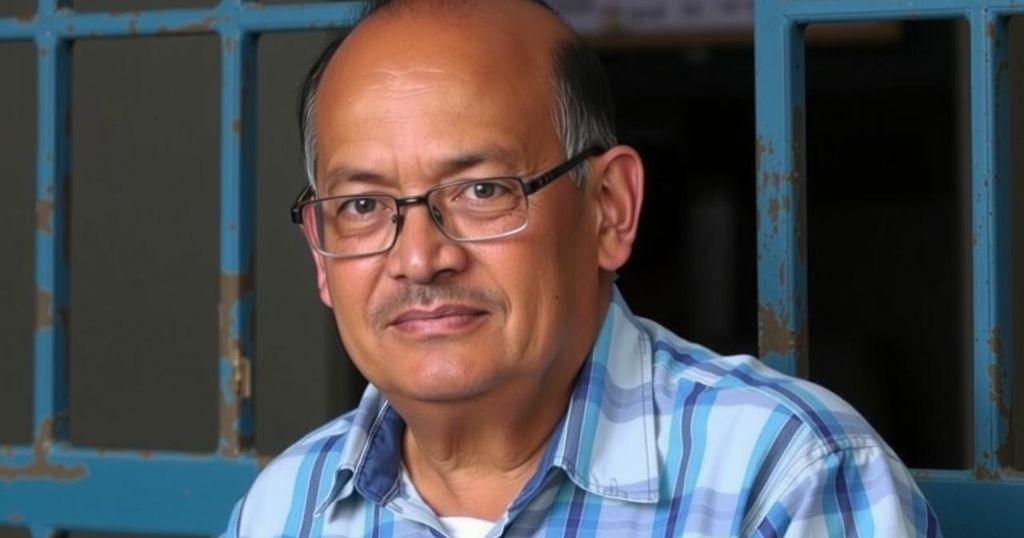France has requested the transfer of Serge Atlaoui, a French death row inmate in Indonesia, after he was sentenced in 2007 for drug offenses. Atlaoui claims his innocence, asserting he believed he was working on machinery for an acrylic factory. Indonesia is known for strict drug laws, and while negotiations for prisoner transfers continue, there is also a signal to resume executions of drug convicts after a hiatus since 2016.
France has officially requested the transfer of Serge Atlaoui, a French national currently on death row in Indonesia for drug-related offenses since 2005. This development was confirmed by Yusril Ihza Mahendra, the senior Indonesian minister responsible for law and human rights, who indicated that the matter would be reviewed in early January following the holiday period. Atlaoui, a 61-year-old welder, has consistently proclaimed his innocence, asserting that he was mistakenly involved in a drug manufacturing operation, believing he was working in an acrylic factory. In 2007, his life sentence was escalated to capital punishment following an appeal.
Indonesia is notorious for its stringent drug legislation, which includes the death penalty for drug traffickers, having previously carried out executions even concerning foreign nationals. The Indonesian government has been involved in negotiations to transfer several high-profile foreign prisoners on death row in recent weeks, although it has indicated the potential resumption of executions for drug convicts after a suspension that began in 2016. Atlaoui’s fate now rests in the balance as France seeks his repatriation amid Indonesia’s stringent judicial approach to drug-related crimes.
The case of Serge Atlaoui highlighted the complexities surrounding international legal requests and the rigid drug laws enforced in Indonesia, which are some of the most severe globally. Since his arrest in 2005, Atlaoui’s legal battles have drawn attention to issues related to due process, the death penalty, and human rights in Indonesia. The country’s laws impose capital punishment not only on native citizens but also on foreign nationals, reflecting a tough stance on drug trafficking. France’s request for Atlaoui’s transfer signifies the ongoing discussions between nations regarding the treatment and repatriation of inmates, especially in high-profile cases such as his.
In summary, France’s formal request for the transfer of Serge Atlaoui from Indonesia underscores significant international legal considerations as well as the stark realities of Indonesia’s drug enforcement policies. As discussions begin in January, Attaoui’s case presents a critical intersection of human rights, national laws, and diplomatic relations. The outcome will be closely monitored, both in France and Indonesia, as it reflects broader themes regarding drug legislation and capital punishment.
Original Source: www.hindustantimes.com







